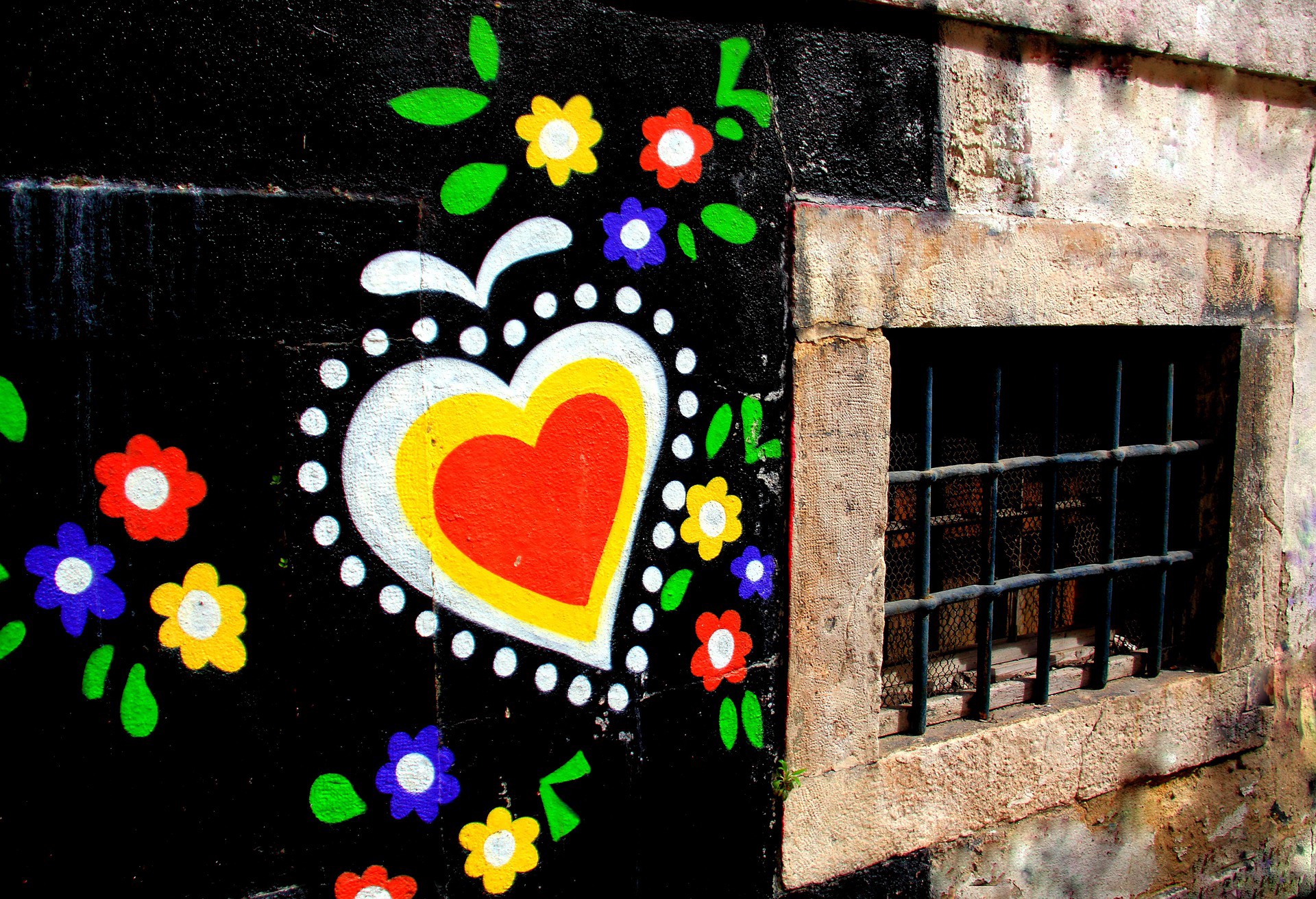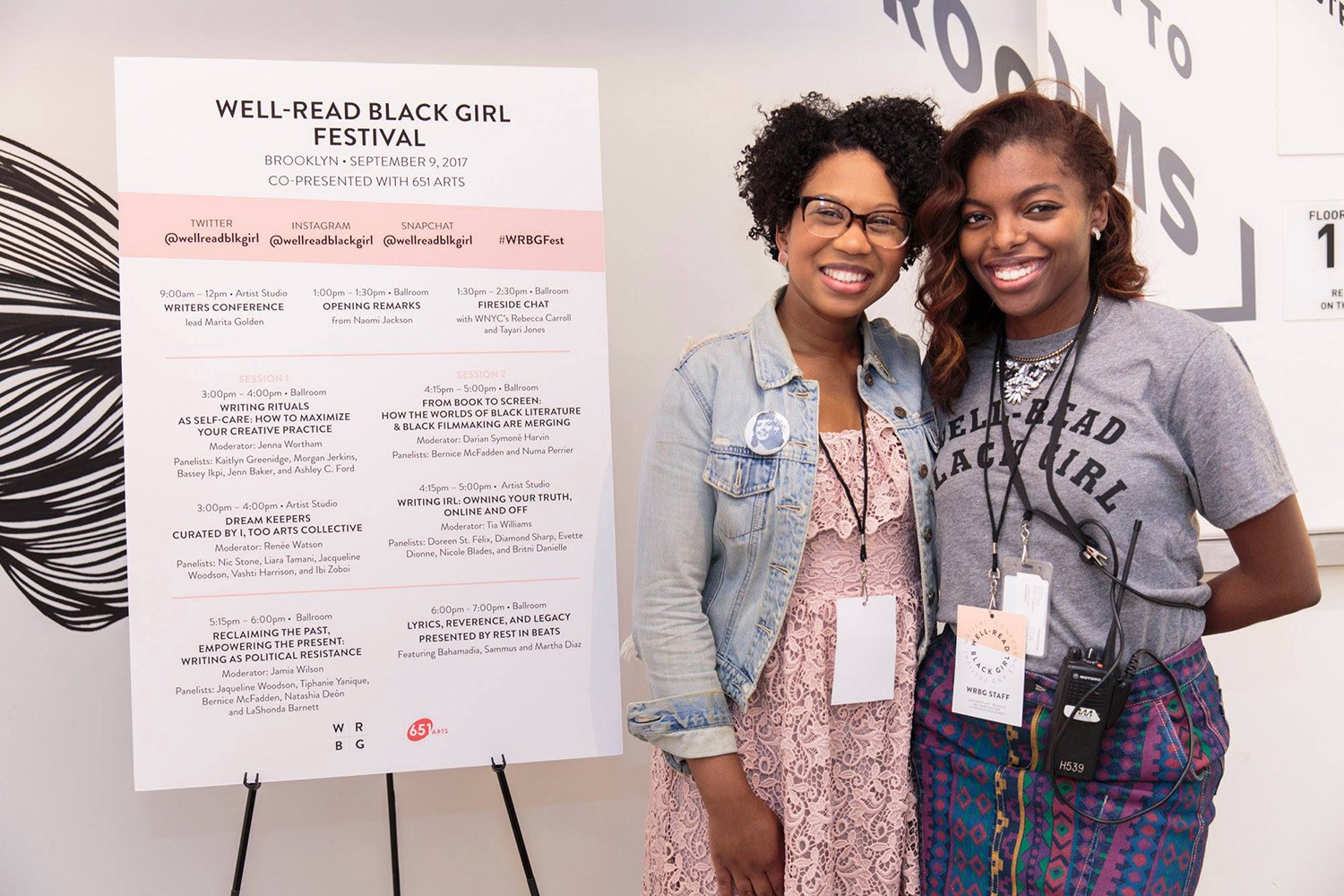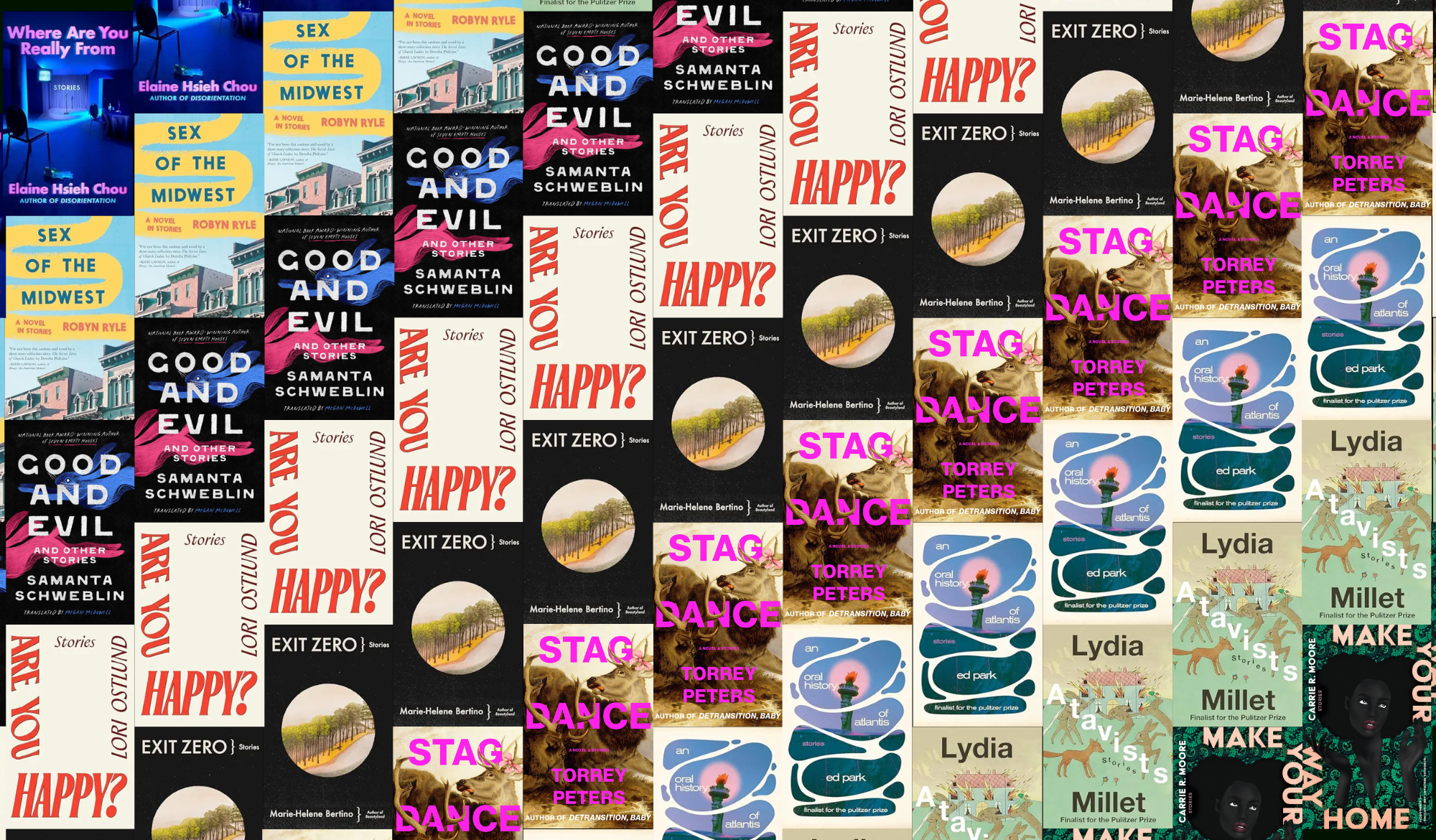Books & Culture
Love Can’t Save the World, or Even Israel, in ‘Dinner at the Center of the Earth’
Nathan Englander’s new novel is a dark comedy (maybe) about patriotism and other destructive loves

Nathan Englander’s new novel, Dinner at the Center of the Earth, can’t decide whether it’s funny or not; or maybe, my predilection for dark humor is warring with my concern over the seriousness of the subject matter. On the one hand, the book seems incredibly hopeful and sincere (read: naïve); on the other hand, many of the imagined scenarios can be read as nothing other than farcical. Regardless of his own intentions, how are we, the readers, meant approach this book? Can love, as Israeli actress Gal Gadot now famously pronounced, truly save the world? Or is love, a certain kind of love, precisely what is tearing the world these characters inhabit apart?

Briefly, the novel follows several threads across different timelines: a secret prisoner being kept in an underground cell, named Prisoner Z, and his guard; the guard’s mother, Ruthi, who sits at the bedside of her comatose boss; Prisoner Z’s history as a student turned spy turned traitor; an Israeli waitress Prisoner Z fell in love with but who goes on to fall in love with a Palestinian mapmaker; and, woven through and around it all, the dreams of a man Englander refers to only as “the General,” and who is clearly a not-very-well-disguised Ariel Sharon. These threads all weave together at certain points, but they’re all telling different stories with different points of tension, all of which, in the end, are about love.
Can love, as Israeli actress Gal Gadot now famously pronounced, truly save the world? Or is love, a certain kind of love, precisely what is tearing the world these characters inhabit apart?
Because here, in my estimation, is what the book is about, at its core: it is about terrible, terrible love. It is about the love Ruthi has for her comatose boss, the General, and her utter belief in his ability to rise again from his coma, like a very slow Jesus. It is about the love Ruthi’s son has for Prisoner Z over whom he’s been watching for years, day in and day out. It is about the rush of lust and love that a spy feels for his savior, even if she’s actually his captor. It is about the love of country coming before personal relationships, and the love between individuals who belong to enemy camps. And, most of all, it is about the irrational, wholly mysterious love for one’s nation and its people.
The book’s somewhat chauvinistic title is fitting. The dinner in question takes place in the book’s final scene, underground, where two people meet for a romantic date in a secret, illegal tunnel connecting Israel and the Gaza Strip. Though Israel and/or Palestine are not, in fact, the center of the earth, they may as well be, and Englander knows this; the people who believe in Israel’s right to exist are matched in fervor only by those who believe in the right for Palestine to exist (the Venn diagram of those who believe in both has a relatively small overlapping area). The way Englander navigates this fervor, this love of country, is more by telling and quick plot maneuvers than by showing. Oddly enough, or perhaps purposefully, the love of country that comes through most clear is the violence enacted by the General.
Love really doesn’t save the world, whether in Englander’s novel or out of it.
The General is portrayed in sections titled “Limbo,” a space that is presumably where the remnant of his consciousness have gone. Here he is always remembering a single gunshot, an allusion to the accidental gunshot that killed Ariel Sharon’s—I mean, the General’s—son when the boy was only 11. In this limbo space, the General remembers the violence he himself wrought, as well as the reason for it, which comes as an alarming directive from Prime Minister Ben Gurion:
“The world hates us, and always has. They kill us, and always will. But you, you raise the price,” Ben Gurion says. “Don’t stop. Don’t stop until our neighbors get the message. Don’t stop until killing a Jew becomes too expensive for even the rich and profligate man. That is your whole purpose on this earth. […] You, put here solely to raise the bounty hung on the Jewish head. Make it expensive. Make it a rare and fine delicacy for those with a taste for Jewish blood.”
This chilling, seemingly cold-blooded pronouncement comes from a defensive place and in a time very soon after the blood of millions of Jewish people (and Romani and gay and others) had been spilled. Englander’s theory for the General’s existence, put in the mouth of that former prime minister, feels uncomfortably accurate for anyone familiar with Ariel Sharon’s history. And it, too, is coming from a place of love — the love of one’s people and the refusal to let them continue to be slaughtered.
The violent love of the General and his former boss are felt most strongly in the book. On the opposite end is the naïve Prisoner Z who longs for peace, and whom we follow as he inadvertently betrays his country, believing that he is working towards peace. He’s a heartbreaking character, kept prisoner for some dozen years, spending his days writing letters to the General, including this extremely poignant observation:
“To lose this war with Palestinians, to cede ground, to raise the white flag of surrender — it is the only way for us to win. History will prove it. Only now, the history for which I fight is, as yet, a future unknown.”
Prisoner Z’s motives are the same as the General’s — to save and protect the Jewish people — but while the General worries for their material lives, Prisoner Z worries over their souls as well.

In between the extremes of aggression and surrender lies the muddy space of compromise, which Englander seems like he wants to explore through a romance between an Israeli and a Palestinian. But though their existence is interesting — intelligence operatives but for opposing sides, both admits in conversation to their own side’s failings and wonders how they’ll be able to bridge the gap between them — the characters themselves aren’t really fully developed. They’re placeholders for ideology more than they are people. The implication, whether intended or not, is that compromise is indeed the least understood space in this conflict, the most romanticized yet least practiced. It’s a shame, because while I’d never expect a novelist to solve the issues between Israel and Palestine, he did have a good opportunity to give them a fighting chance here, but the couple feels rushed into the story and don’t carry the emotional or intellectual resonance they could.
While the book broadly explores what various kinds of love look like, it ultimately sees its futility: love really doesn’t save the world, whether in Englander’s novel or out of it.







